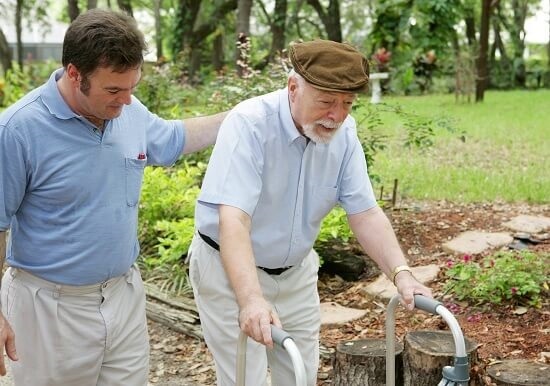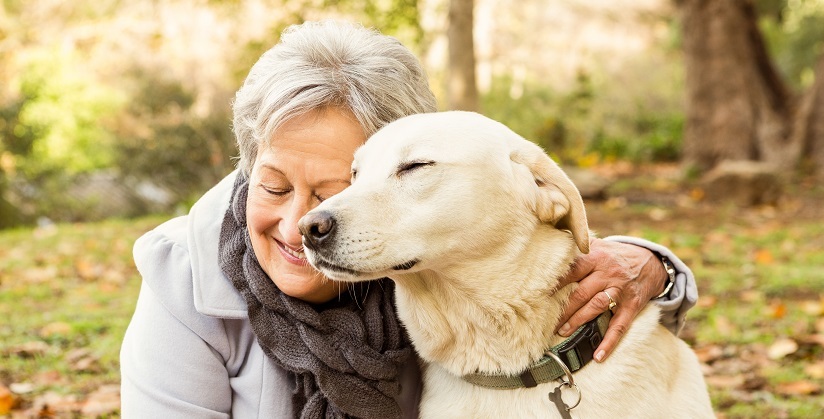 Whatever exercise that best improves your quality of life is the best exercise to perform. For most people, the items on this checklist include:
Whatever exercise that best improves your quality of life is the best exercise to perform. For most people, the items on this checklist include:
- Maintaining Muscle Mass: Most people lose about 5 percent of their muscle mass every decade after they hit age 30. So, by the time they reach their 60s and 70s, many people have lost a lot, in terms of strength and endurance.
- Staying Mobile: Largely because of the declining muscle mass, as well as chronic conditions like arthritis, joints and limbs ultimately get stiffer. Eventually, that stiffness significantly impairs freedom of movement.
- Improving Balance: Failing eyesight, stiff joints, and declining muscle mass increase the risk and severity of falls. Fortunately, this risk is easy to counteract with improved balance.
Almost any of these options are good for most seniors, but be sure and check with your doctor first, especially if you have any adverse health conditions.
Swimming
One reason this exercise tops the list is that it has no impact on joints. In fact, because the water pressure supports their limbs, many people can move better in the water than out of it. Second, swimming is very flexible. It really doesn't matter if you swim the English Channel or play Marco Polo with the grandkids. Getting in the water is what’s important. A few minutes in the water has tremendous physical benefits, especially in terms of building muscle mass.
Yoga
This exercise may not be the best muscle-building activity, but it certainly checks off the other two areas (mobility and balance). The stretching is very good for joints, and proper balance is at the root of each pose.
To get started, begin with the foundational yoga pose, which is deep breathing. Stand still, place your hands on your stomach, and breathe in. Feel your diaphragm expand. Then, let the breath out slowly, as you feel your diaphragm deflate. Once you’ve mastered this pose (about eight seconds of breathing in and another eight of breathing out), join a local class that’s made for seniors. Most communities also offer chair and water yoga classes. All the poses are more age-friendly, and you’ll also benefit from the social interaction.
Tai Chi
This Chinese martial art is essentially yoga with more movement. The movements are slow and controlled, so they’re excellent for balance purposes. Essentially, tai chi restores the body’s natural sense of balance through movement. There is little impact on the joints and tai chi is also a surprisingly good workout in terms of muscle tone. Before signing up for a class, master the yoga deep breathing exercise mentioned above. Then, find a senior-oriented group that meets near your home.
Resistance Band Training
Just a little added resistance often works wonders for muscle development. Moreover, leg resistance bands are inexpensive and easy to use. These exercises are also easy on the joints, so most people can freely increase the number of repetitions. Even people with mobility or other impairments can use resistance bands because you never have to leave your house.
Walking
If all these other things sound too intimidating, walk. As little as thirty minutes a day has tremendous benefits, including:
- Lower risk of cardiovascular disease,
- Weight control,
- Less stiffness, and
- Better mood.
Walking is also easy to incorporate into your day. In addition to a longer walk in the morning or evening, park at the back of the parking lot, pop over to see the neighbors on the next block and take an extra lap up or down the stairs.
Follow some of this exercise advice, and your golden years will almost certainly be more enjoyable.


Comments